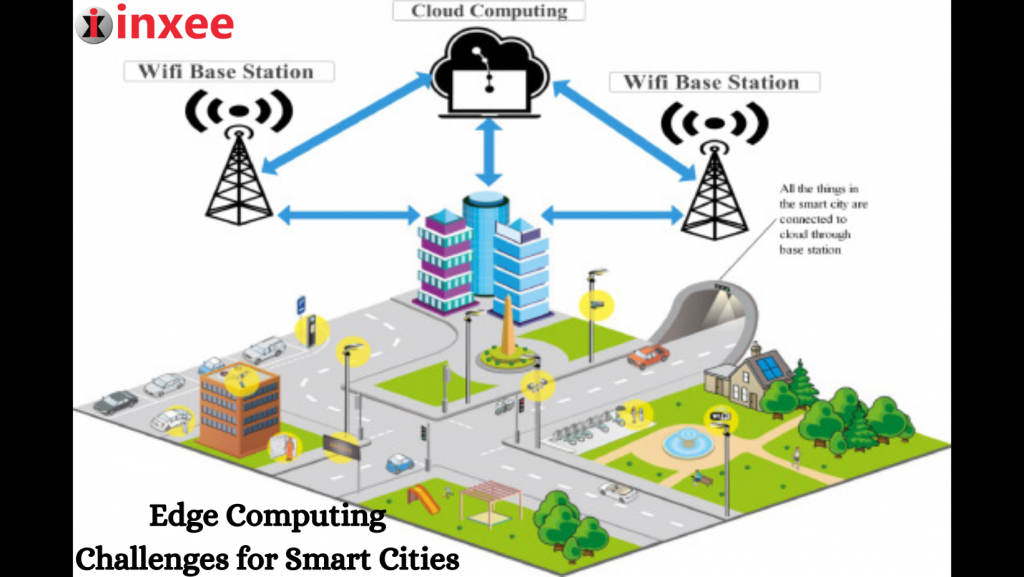June 22, 2023
Artificial Intelligence (AI), cloud computing, Digital Transformation, edge computing, embedded systems, Home Automation, Industry 5.0, internet of medical things, Internet of Things, iomt, IoT, IoT Devices, IT, Smart City
No comments
Edge Computing Challenges for Smart Cities
Edge computing plays a crucial role in the development and implementation of smart city initiatives. By processing and analyzing data closer to the source, edge computing enables faster response times, reduces network congestion, and enhances data privacy and security. However, there are several challenges associated with deploying edge computing in smart cities:
- Scalability: Smart cities generate vast amounts of data from various sensors and devices. Ensuring that edge computing infrastructure can scale to handle this data influx efficiently is a significant challenge. The edge infrastructure should be capable of accommodating increasing data volumes without compromising performance.
- Connectivity and Network Infrastructure: Edge computing relies on robust and reliable network connectivity. Deploying and maintaining a dense network infrastructure to support edge devices in a smart city can be a complex task. Challenges include providing adequate coverage, managing network congestion, and ensuring seamless connectivity across different edge nodes.
- Data Management and Security: Smart cities generate sensitive data related to citizens’ activities, infrastructure, and services. Managing and securing this data at the edge is crucial to protect privacy and prevent unauthorized access. Implementing robust data management and security measures, including encryption, access controls, and data lifecycle management, is a challenge in edge computing environments.
- Standardization and Interoperability: Smart cities involve multiple stakeholders, including government agencies, private organizations, and citizens. Ensuring interoperability and standardization across diverse edge devices, sensors, and platforms is vital for seamless data exchange and integration. Developing common protocols and frameworks that enable interoperability among different edge components is a challenge that needs to be addressed.
- Power and Energy Efficiency: Edge computing infrastructure requires power supply and management. Optimizing power consumption and energy efficiency in edge devices is crucial for sustainable smart city operations. Challenges include designing energy-efficient edge hardware, implementing power management strategies, and leveraging renewable energy sources to power edge nodes.
Addressing these challenges requires collaboration among various stakeholders, including technology providers, government bodies, and industry experts. Overcoming these obstacles will pave the way for the successful deployment of edge computing in smart cities, enabling efficient data processing, improved services, and enhanced quality of life for citizens.










Leave a Reply